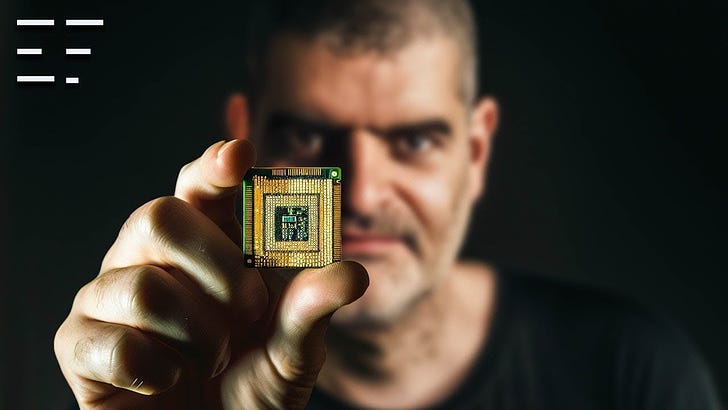Always Be Curious #263: ASML in The New York Times, AI consciousness, and WIRED's tech dystopia
This week in ABC: The New York Times profiles ASML in a time of tarrifs and export control, we explore the question of AI consciousness, and WIRED dives into a world where tech's gone bad
So Mozilla’s bookmark app Pocket is shutting down next month 😨, but thankfully there are amazing alternative read-it-later apps for power readers: my own fave is Reader (which imports Pocket btw!) and all members of the Curious Clan can still grab it with 2 months of trial use. 🎁 That’s double their usual trial length. I use Reader to organize my read…
Keep reading with a 7-day free trial
Subscribe to Always Be Curious to keep reading this post and get 7 days of free access to the full post archives.



